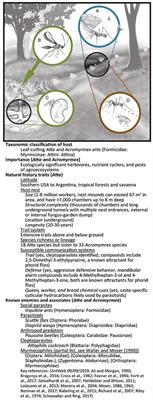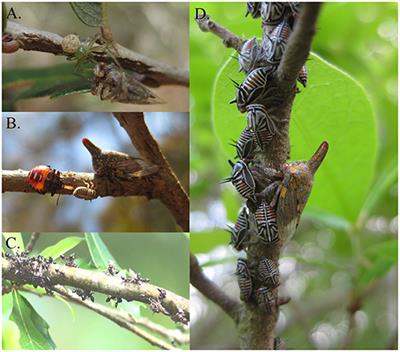EDITORIAL
Published on 05 Sep 2022
Editorial: How enemies shape communication systems: Sensory strategies of prey to avoid eavesdropping predators and parasites
doi 10.3389/fevo.2022.989763
- 886 views
- 5 citations
13k
Total downloads
107k
Total views and downloads
You will be redirected to our submission process.
EDITORIAL
Published on 05 Sep 2022
REVIEW
Published on 13 Mar 2020

REVIEW
Published on 15 Oct 2019

METHODS
Published on 18 Sep 2019

MINI REVIEW
Published on 08 Aug 2019

HYPOTHESIS AND THEORY
Published on 07 Aug 2019

REVIEW
Published on 10 Jul 2019

REVIEW
Published on 04 Jul 2019

ORIGINAL RESEARCH
Published on 02 Jul 2019

ORIGINAL RESEARCH
Published on 14 Jun 2019

REVIEW
Published on 04 Jun 2019

HYPOTHESIS AND THEORY
Published on 08 May 2019

